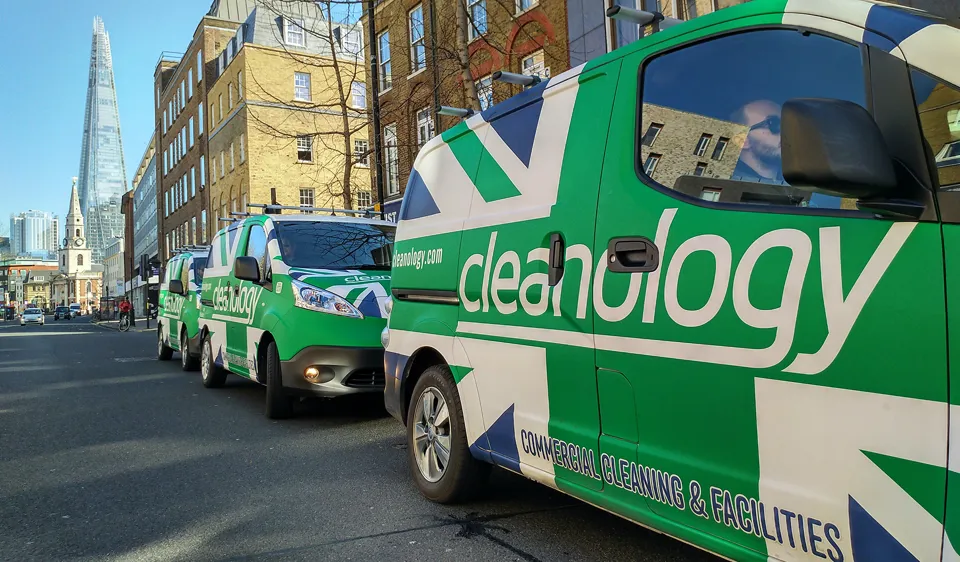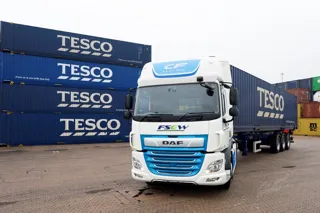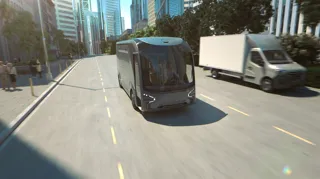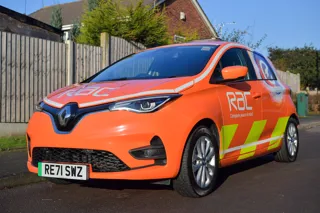Cross River Partnership (CRP) has published a new case study that explores the experiences of eight businesses with electric vehicle (EV) fleets.
Entitled Making the Switch: A Guide for Fleet Owners, The Defra-funded research aims to provide information to make the transition easier for businesses looking to purchase or lease an electric fleet.
Rachael Aldridge, communications project manager at CRP, said: “In recent news, European sales of electric cars have overtaken those of diesel models. We hope that this case study provides valuable insight for businesses about switching to an electric fleet. Eight London-based businesses illustrate that switching doesn’t have to be a daunting process, and there are many business advantages to going electric.”
The case study finds that EVs have been shown to improve customer retention rates and that staff take more pride in their vehicles when they are electric. Employees also found that the reduced noise and instant acceleration made the driving experience more pleasant. Knowing that an organisation is taking steps to make a difference can improve wellbeing and satisfaction for staff and clients, and EVs can also save future costs for businesses.
Some 34% of consumers have been found to choose brands with environmentally sustainable practices over those without. Using examples from Cleanology, Complete, Father Nature, Fruit4London, GLH, GreenZone, Lyreco and Planet Minimal, the case study addresses going electric could mean for a business.
It also explores the challenges of EV range, especially outside London, and how this can lead to range anxiety, especially in winter. Businesses reported long wait times to acquire an EV were a challenge and a high initial outlay cost for vehicles. Despite this, the report finds that for vehicles smaller than 3.5 tonnes, there is a financial business case to be made, as ongoing costs are significantly lower than for diesel equivalents.
Steve Trew, managing director at GreenZone, added: “With restrictions on petrol and diesel vehicles in 2030, organisations must evolve their fleet. Evolving to continually improve and minimise our impact on the environment is both fundamental to our ethos and imperative to business success. Clients are increasingly making choices based on environmental and social sustainability credentials.”
The case study can be viewed at https://crossriverpartnership.org/wp-content/uploads/2022/01/Making-the-Switch-A-Guide-for-Fleet-Owners.pdf.























Login to comment
Comments
No comments have been made yet.